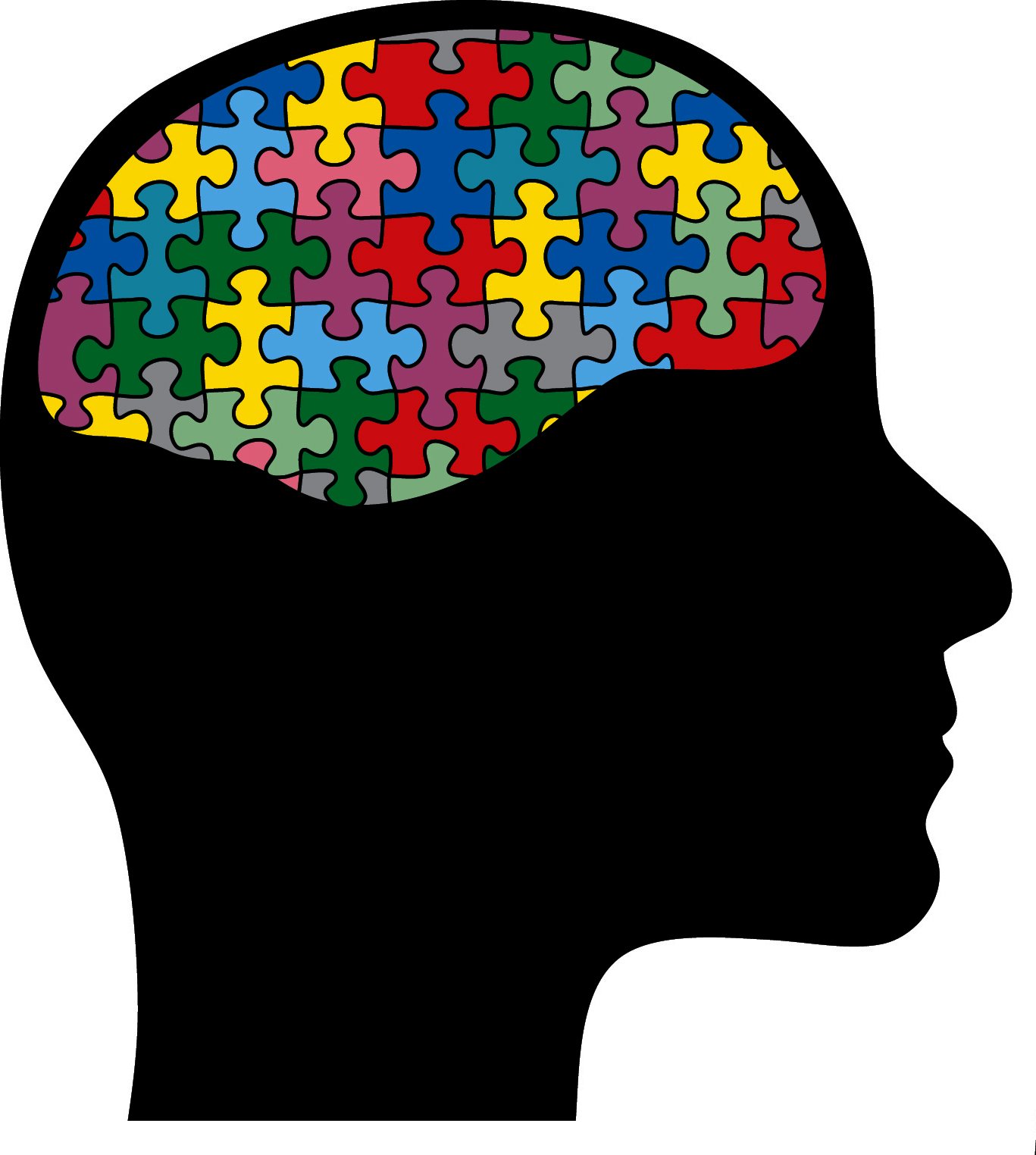
“Once we start lying, the extent of our dishonesty increases over time. And when that happens, our brain begins to tamp down its emotional response to our own immoral behavior, signaling in effect that lying is no big deal. That makes it easier to lie again … and again . . . and again.” [from PsychologyToday.com]
Some provocative research results recently came from a clever study designed by a team of experimental psychologists at Tali Sharot’s lab at University College London and published this month in Nature Neuroscience. According to PhD student Neil Garrett, the lead author, they started with the well-established fact that the brain adapts to sensory information. That’s why walking into a smoky room is most off-putting when you first arrive. Stick around and you don’t notice it as much. The researchers wondered if the same principle holds true for emotional decisions we initially avoid such as cheating, infidelity, and lying.
It makes sense. The mind, including the brain, gets used to lying. Why is dishonesty immoral, and therefore psychologically unhealthy? Rarely do we get a clear answer. It’s just taken as a given. “Thou shalt not lie.” But the real purpose of honesty, if you think about it, is adherence to reality. Adhering to reality is good for yourself, for your own sake most of all. Conventional wisdom implies that lying is perfectly fine and even desirable for the person doing the lying, while it’s harmful only to others. But think about the implication of such “wisdom,” that the mentality of a criminal is actually what suits our own interests. How much sense does that make?!
Psychologists and psychotherapists will be the first to recognize that denial is an unhealthy thing. Denial, in fact, is the root of unarguably immoral scenarios ranging from abusive families, theft and manipulation all the way down to Nazi Germany. Denial is never good and never ends well. Neither are the lying and self-deception that give rise to it. The unhealthy phenomenon of lying starts with self-deception.
When self-deception becomes internalized and automatic — and the brain gets used to it too, as this research suggests — then the denying person is on his or her way to making all sorts of self-defeating and self-destructive life decisions. Self-destructive actions have a way of becoming “other-destructive” as well. Although it’s not always as extreme as murder, theft or fraud, the principle is the same regardless of the degree of the dysfunction. If you don’t respect yourself enough to be honest as a means of adhering to objective reality, then you won’t respect it for others, either.
All of this suggests that only an ethics of rational self-interest, grounded in and fueled by psychological self-awareness, can prevent the disastrous habit of lying. If you wish to be healthy and moral (by a rational definition), then I suggest that you live the examined, self-interested and self-aware life. And expect the same of others whom you choose to bring into your circle.
Follow Dr. Hurd on Facebook. Search under “Michael Hurd” (Rehoboth Beach DE). Get up-to-the-minute postings, recommended articles and links, and engage in back-and-forth discussion with Dr. Hurd on topics of interest. Also follow Dr. Hurd on Twitter at @MichaelJHurd1
Dr. Hurd’s writings read on the air by Rush Limbaugh! Read more HERE.
